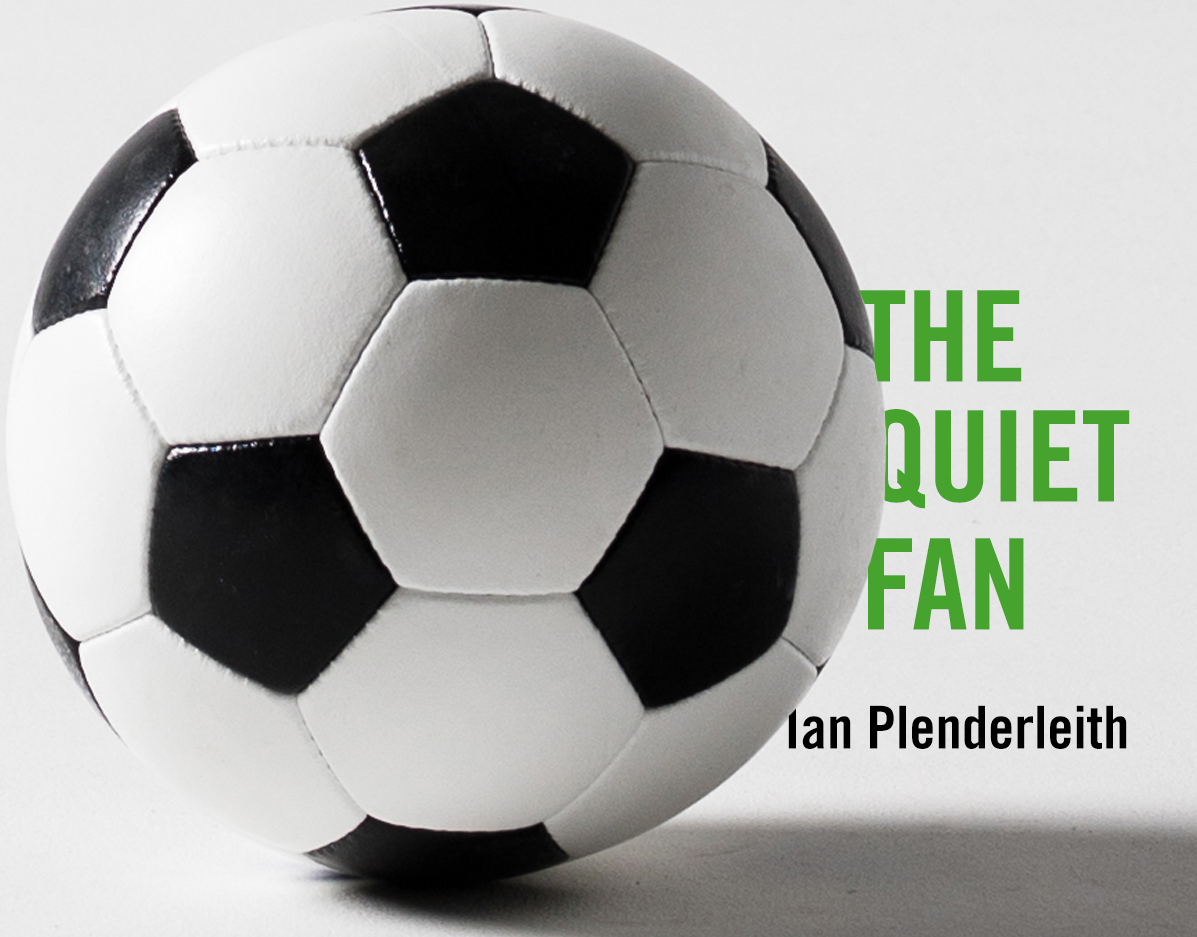 |
| A not strictly accurate book description tailored to a specific public. |
The Quiet Fan is my third book, but the first where I've had the chance to sell copies directly to the public. It's a bit like hosting a party, where the only questions that plague your mind are, "What if no one comes?" and, "What if people do come and then have a shit time?" Except when selling a book in a public place you worry, "What if no one buys it?" And then, "What if people buy it, but then hate it?"
At least when you sell someone a book they are unlikely to stand there reading it while drinking heavily and then, within a few paragraphs, announce, "This is shit! I want my money back." At the moment where they hand you their cash you are so grateful that all you can think is, "Please, please let this be something they like." I have to counter an instinctive temptation to hand it over for free, while apologising in case it might not be their thing.
 |
| 'Quiet Fan' strictly limited edition postcard by @Urban_Country |
Last Saturday, while manning my book stand in the Fan Zone at Lincoln City FC prior to their home defeat to Crawley Town, I also handed out freebies. I had a few leftover sets of crowd-funding postcards depicting scenes from the book by illustrator @Urban_Country (WSC illustrator and New European cartoonist Tim Bradford); a few old Lincoln City replica shirts; and the original match programmes from some of the games that are referenced in the book. No one expected giveaways, and almost all opted immediately to take the postcards, because they look pretty cool. And who doesn't love getting Stuff for Nothing, like stickers, key rings, pens, t-shirts and fridge magnets? [Begins to imagine 'Quiet Fan' merchandising empire.]
One fan, though, was immediately attracted to my old Lincoln home shirt from the 1995-96 season. "How much is that?" he wanted to know. "It's free if you buy the




